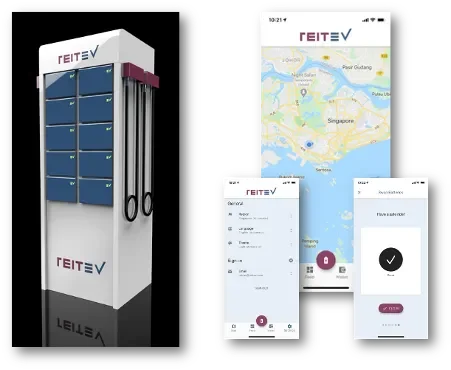Atom × AI = Affordable?
This post explores the transformative impact of artificial intelligence on the production and cost structure of physical products, using Apple's iPhone as a primary case study. It projects a future in 2030 where AI is deeply integrated into every facet of corporate operations, from design and manufacturing to customer support and logistics. While AI will lead to significant cost reductions for companies, these savings will likely not be passed on to consumers, resulting in wider profit margins for corporations rather than more affordable products.
Dancing with Giants: A Startup's Guide to Corporate Partnerships
For any growing company, the prospect of partnering with a global industry leader is both thrilling and intimidating. These partnerships can change the trajectory of a business, unlocking new markets and technologies overnight. But how do you, as a smaller, agile player, even get a seat at the table with a corporate giant, let alone navigate the complex negotiations to forge a deal that is mutually beneficial? Drawing from my experience building strategic alliances in Southeast Asia, this post will offer a practical playbook on how to successfully engage, negotiate, and launch partnerships that last.
Electric mobility in South East Asia
The key to unlocking electric mobility in Southeast Asia lies not with electric cars, but with electric motorbikes, which are the dominant form of transport in nations like Indonesia, Vietnam, and Thailand. The primary barrier to adoption is the lack of suitable charging infrastructure - current car-centric charging stations are impractical for motorbikes. Instead of traditional charging, a standardized battery swapping infrastructure, which would offer a faster, cheaper, and more convenient solution for the light, removable batteries used in electric motorbikes, is much better.


